eBooks have become a vital part of learning and leisure reading. Whether you’re a college student trying to save money on textbooks, a professional looking to expand your knowledge, or a casual reader, having the right apps and tools can significantly improve your reading experience.
In this article, we’ll explore the top apps and tools that help you read eBooks more effectively in 2025 — making studying, note-taking, and accessing your digital library easier than ever.
1. Why You Need the Right eBook Apps and Tools
Enhanced reading experience: Adjustable fonts, dark mode, and highlighting features.
Better organization: Manage your entire eBook library in one place.
Study-friendly: Note-taking, flashcards, and dictionary integration for students.
Multi-device syncing: Access your eBooks anytime, anywhere.
2. Top Apps for Reading eBooks Effectively
a) Kindle App
Works across iOS, Android, PC, and Mac.
Features: personalized font sizes, X-Ray for quick topic exploration, dictionary, and syncing across devices.
Perfect for students and professionals who need a vast eBook library.
b) Google Play Books
Integrated with Google account.
Features: highlight, notes, offline reading, and audiobooks.
Useful for students because of sync with Google Drive and Docs.
c) Apple Books
Ideal for iOS/Mac users.
Features: interactive textbooks, highlighting, and seamless integration with iCloud.
d) Kobo Books
Features: wide eBook selection, advanced customization, statistics on reading progress.
Kobo app integrates with OverDrive to borrow eBooks from local libraries.
e) Scribd
Subscription-based reading service with eBooks, audiobooks, and documents.
Great for students who need access to a wide range of academic and leisure content.
3. Tools That Enhance eBook Reading for Students
a) Notion
Perfect for organizing notes while reading.
You can create a digital library with linked highlights and summaries.
b) Evernote
Classic note-taking tool with web clipping for research.
Useful for highlighting key ideas from textbooks.
c) Grammarly
Helps improve writing when summarizing or creating study notes from eBooks.
d) Calibre (for PC users)
Free, open-source eBook manager.
Allows you to convert formats (ePub, PDF, MOBI), organize libraries, and sync with devices.
e) Pocket / Instapaper
Save articles and PDF resources to read later in eBook-like format.
Ideal for research and continuous learning.
4. How Students Can Use eBook Apps for Academic Success
Highlight & annotate directly in textbooks for exam prep.
Sync notes with cloud apps like Google Drive or Notion.
Search functions help quickly locate key concepts.
Combine with affordable eBook platforms like CSTBooks.com to reduce costs while maintaining efficiency.
5. Tips to Maximize Your eBook Reading Experience
Choose apps that support cross-platform syncing.
Use dark mode or blue-light filters to protect your eyes.
Try audiobook integration when commuting or multitasking.
Organize your eBooks into folders (e.g., Math, Nursing, Business).
Regularly back up your notes and highlights.
Reading eBooks effectively isn’t just about the content — it’s also about using the right apps and tools. Whether you prefer Kindle, Google Play Books, or tools like Notion and Calibre, the right combination can make learning smoother, faster, and more enjoyable.
For students looking to combine the best eBook apps with affordable textbooks, check out CSTBooks.com. With instant access to affordable eBooks, you’ll save money and study smarter.


